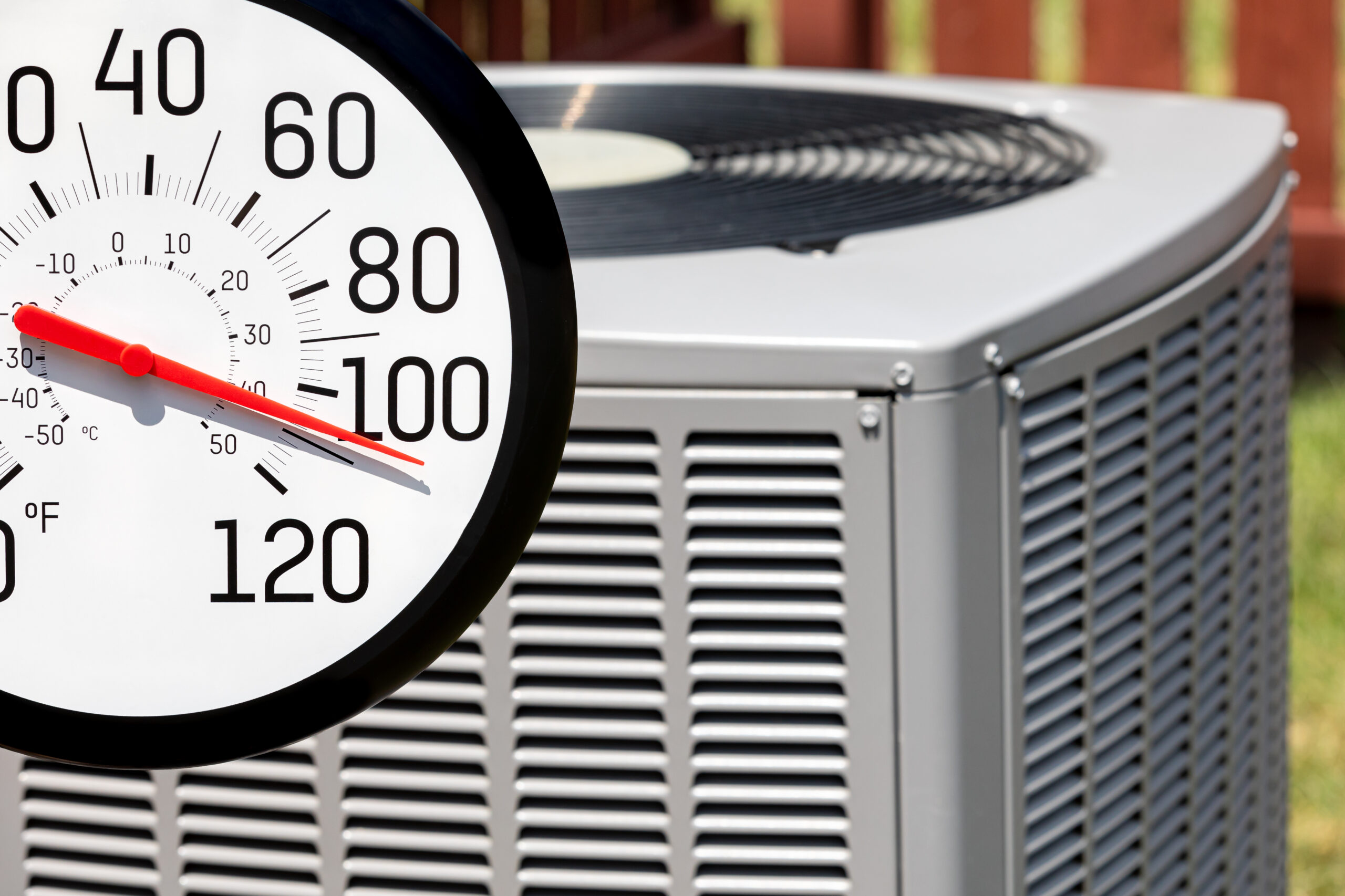As summer starts to unfold and the heat of June rolls in, ensuring your air conditioning system is running smoothly becomes paramount in Central Arkansas. Nothing beats the relief of stepping into a cool, comfortable home or office after battling the scorching temperatures outdoors; however, what happens when your trusty AC unit starts showing signs of trouble? Early detection is key to preventing minor issues from escalating into major headaches. We are going to review some of the early signs of AC issues and why you should be especially alert this time of the year.
Early Signs of AC Issues
The end of spring and beginning of summer is not just any time to be vigilant about your AC’s health; it’s one of the most crucial periods. This is because the onset of summer marks the transition to heavy AC usage, putting increased stress on your system. Issues that may have gone unnoticed during the cooler months are more likely to surface as your AC works overtime to keep your home or business cool.
Here are some early signs of AC issues to be on the lookout for:
- Weak Airflow: If you notice weak airflow coming from your vents, it could indicate a problem with your AC’s compressor or ductwork. Reduced airflow often results from blockages or leaks, which can strain your system and lead to inefficiency.
- Strange Noises: While some level of noise is normal, any sudden or unusual sounds emanating from your AC unit should raise red flags. Clanking, banging, or grinding noises could indicate loose or damaged components that require immediate attention.
- Foul Odors: Unpleasant odors wafting from your vents are not only bothersome but could also signify mold or mildew growth within your AC system. Ignoring these odors can lead to poor indoor air quality and potential health issues for you and your family.
- Inconsistent Cooling: If certain areas of your home feel cooler than others or if you notice fluctuations in temperature, this is an early sign of AC issues and an indication that your AC system may be struggling to distribute air evenly. This could be due to a variety of issues, including dirty filters, refrigerant leaks, or malfunctioning thermostats.
- Increased Energy Bills: A sudden spike in your energy bills without a corresponding increase in usage is a telltale sign that your AC system is not operating efficiently. This could be due to various factors, such as clogged filters, refrigerant leaks, or worn-out components.
- Frequent Cycling: Constantly cycling on and off, known as short cycling, can put unnecessary strain on your AC system and increase energy consumption. Short cycling is often indicative of underlying issues such as refrigerant leaks, thermostat problems, or dirty coils.
- Visible Leaks or Moisture: Any visible leaks or moisture around your AC unit should be addressed promptly, as they can lead to water damage, mold growth, and corrosion. Leaking refrigerant poses health risks and can also compromise the efficiency of your system.
There are other common air conditioner problems; however, the above are some of the easiest to identify early. Don’t wait until the peak of summer to address AC issues. Early detection and prompt action can save you time, money, and discomfort in the long run. If you notice any of these early warning signs, it’s crucial to contact a professional HVAC technician immediately.
For residents and businesses in Central Arkansas, Airmasters Heating and Air Conditioning is the go to solution for all AC repair needs. With years of experience and a commitment to customer satisfaction, our team of experts will diagnose and resolve any issues with precision and efficiency. Don’t let AC problems spoil your summer comfort, trust Airmasters to keep you cool and comfortable all season long. Contact us today for reliable and professional service you can count on.








